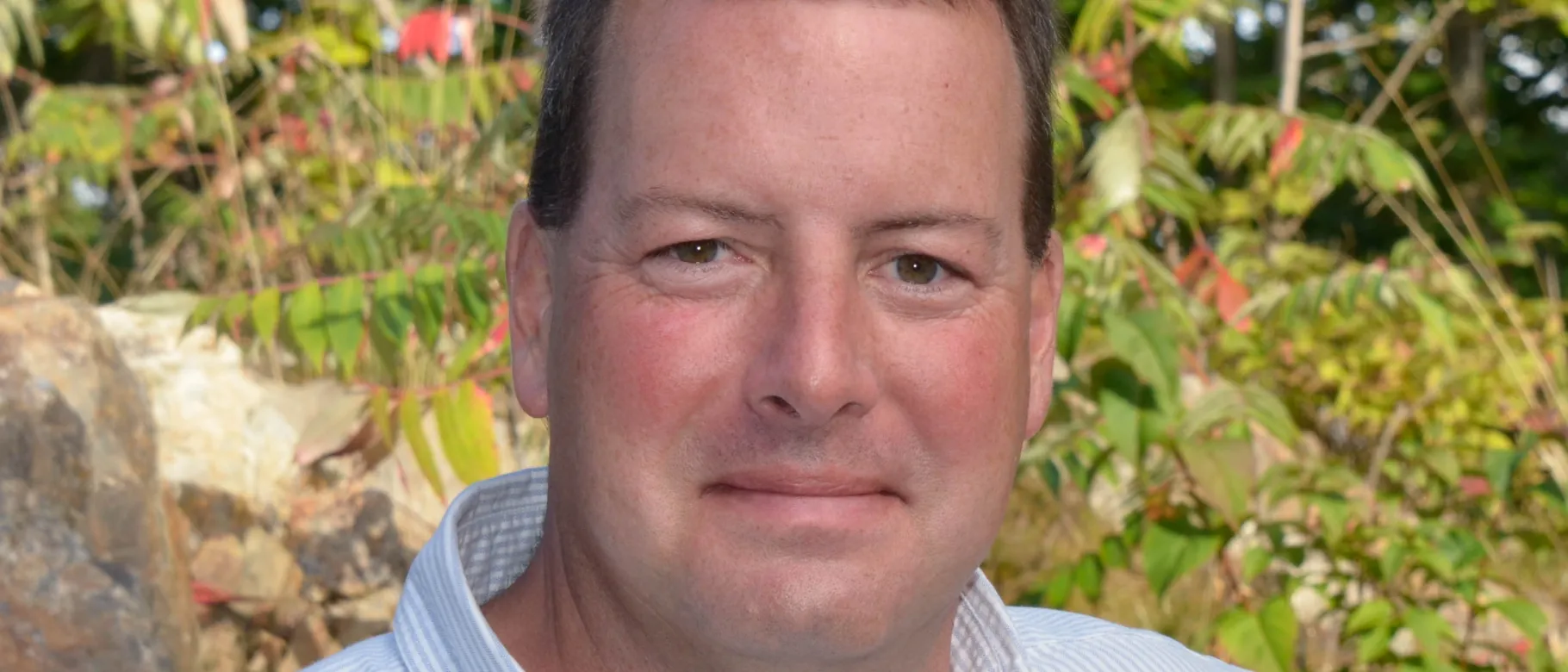UNE adopts new prescriber education requirements following the Obama Administration’s pledge to fight the opioid crisis

This week President Obama attended the National Rx Drug Abuse and Heroin Summit in Atlanta, Georgia, where he announced measures to escalate the fight against the prescription opioid abuse and heroin epidemic.
As part of the event, the President outlined Administrative actions that will expand access to treatment, including the establishment of an interagency Mental Health and Substance Use Disorder Parity Task Force to advance access to mental health and substance use disorder treatment.
In connection with these actions, 61 medical schools have announced that beginning in fall 2016, they will require their students to take some form of prescriber education, in line with the newly released Centers for Disease Control and Prevention Guideline for Prescribing Opioids for Chronic Pain, in order to graduate. The University of New England’s College of Osteopathic Medicine has committed to adopting these new educational requirements.
“The heroin and opioid epidemic is a crisis that’s stealing lives and splintering communities across Maine. If we’re going to tackle this problem head on, we need a comprehensive approach that includes research, prevention, treatment, and law enforcement measures,” said Senators Susan Collins and Angus King in a joint statement. “It is so important to have our research and education institutions join the fight against addiction, and we commend the University of New England for their continued contributions to this ongoing battle.”
Currently, UNE exceeds the standards in regard to pain management and substance abuse education. According to a 2011 study, U.S. medical schools allot a median of nine hours on pain management education, as opposed to 19.5 hours in Canada. At UNE, over 60 hours of education are dedicated specifically to pain management, which is five to six times the national average.
In addition to these educational initiatives, UNE is leading several community-wide efforts to raise awareness of opioid abuse and the heroin epidemic. On March 30, 2016, Ed Bilsky, Ph.D., UNE vice president for Research and Scholarship, was the keynote speaker at the Health Information Evening for Parents and Community. Sponsored by school district RSU 21, this community health event discussed the Maine Integrated Youth Health Survey (MIYHS), the current heroin epidemic in southern Maine and the available resources for parents and the community.